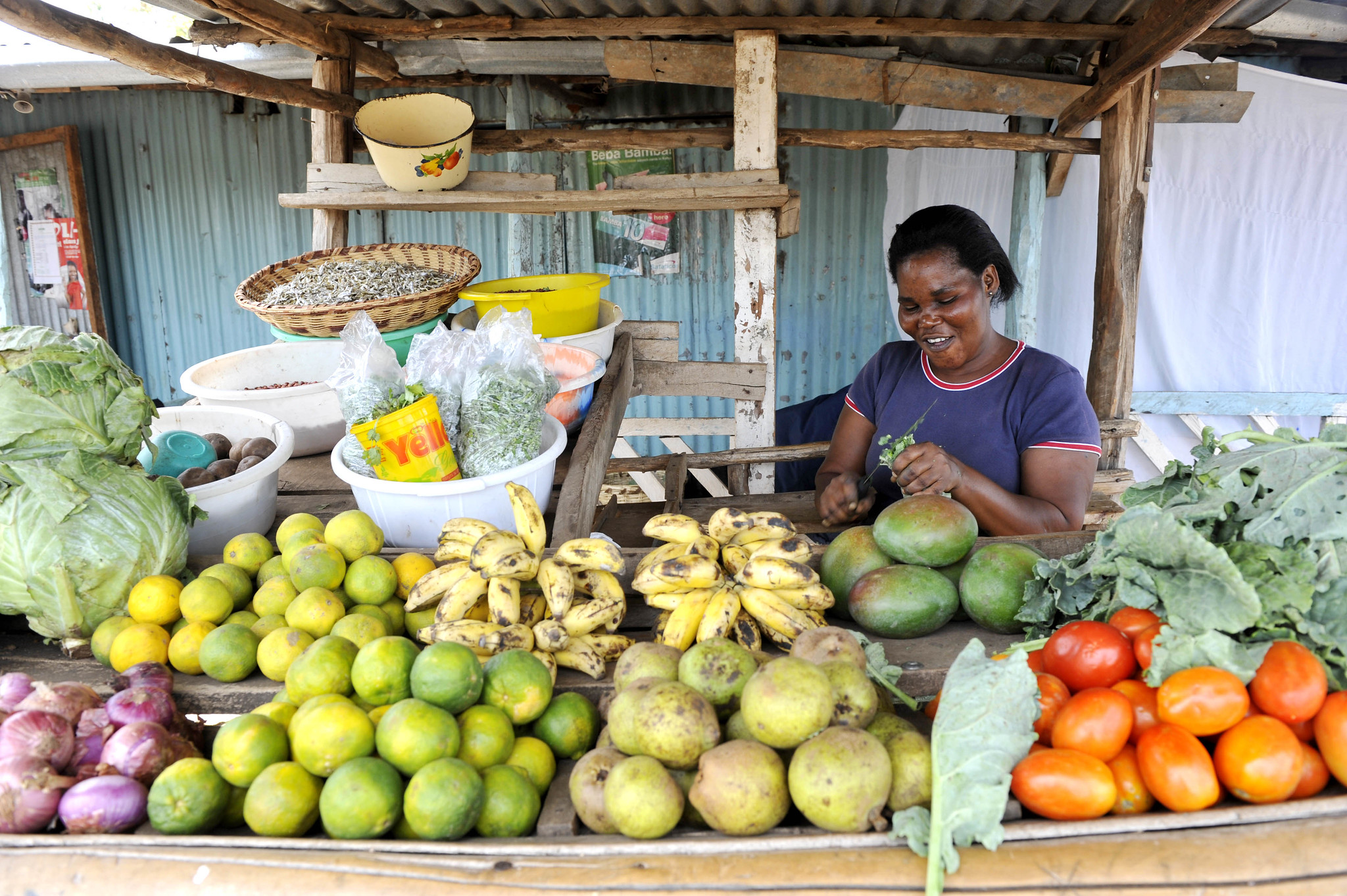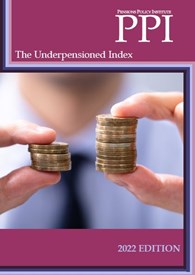Flexibility And Earning Potential, Two Lures Of The Gig Economy
We’ve been talking about the gig economy in the United States, which, by the end of 2022, had 70 million gig workers—the most in the world—and how this mode of working might tie in with inclusive capitalism. The choice to work freelance comes with pluses, as we found, and some minuses too. Most of the deficits take the form of the loss of financial security nets. Despite some isolated efforts on the part of U.S. lawmakers to give gig...










